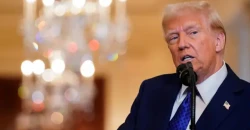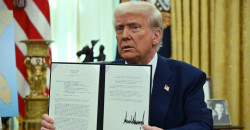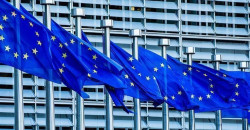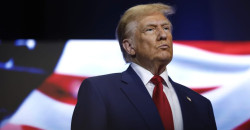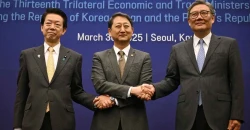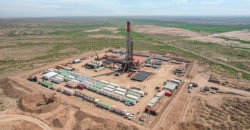US tariffs on Iraq raise economic questions
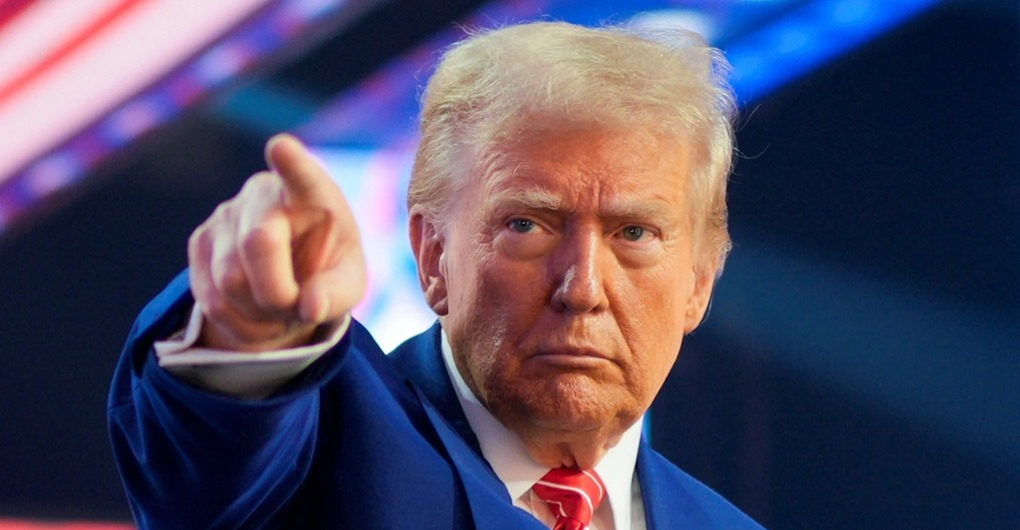
Shafaq News – Baghdad/Washington
US President Donald Trump has imposed a 30% tariff on Iraqi imports, a move expected to increase pressure on Iraq’s already fragile economy, an economic expert told Shafaq News on Wednesday.
Nawar al-Saadi, professor of international economics, warned that the decision could have compounded effects on Iraq’s domestic market, cautioning that although exports to the United States are modest, the tariff will expose the deeper vulnerabilities in Iraq’s economic structure.
“Iraq lacks a diversified and resilient export base,” he said.
Al-Saadi explained that such tariffs are rarely based on purely commercial considerations, linking the decision to Washington’s evaluation of Iraq’s trade compliance, regional positioning, and alignment on sanctions targeting Iran or Russia.
He further cautioned that the tariffs could signal a shift in broader trade relations, with potential consequences affecting not ties with the United States but also with other Western and regional partners.
To mitigate the fallout, al-Saadi urged a three-track response. He called on Baghdad to establish a direct diplomatic channel with Washington and to push for exemptions, reduced rates, or a delay in enforcement.
He also emphasized the need to expand trade partnerships, particularly with markets in China, India, Turkiye, and the Gulf. Achieving this, he noted, would require comprehensive industrial reforms and direct support for Iraqi producers to compete internationally.
Finally, Al-Saadi stressed that Iraq’s heavy reliance on oil leaves it exposed to global shocks and political volatility. “Diversification is no longer a long-term option—it’s an immediate national need,” he concluded, urging policymakers to reexamine Iraq’s economic model.
